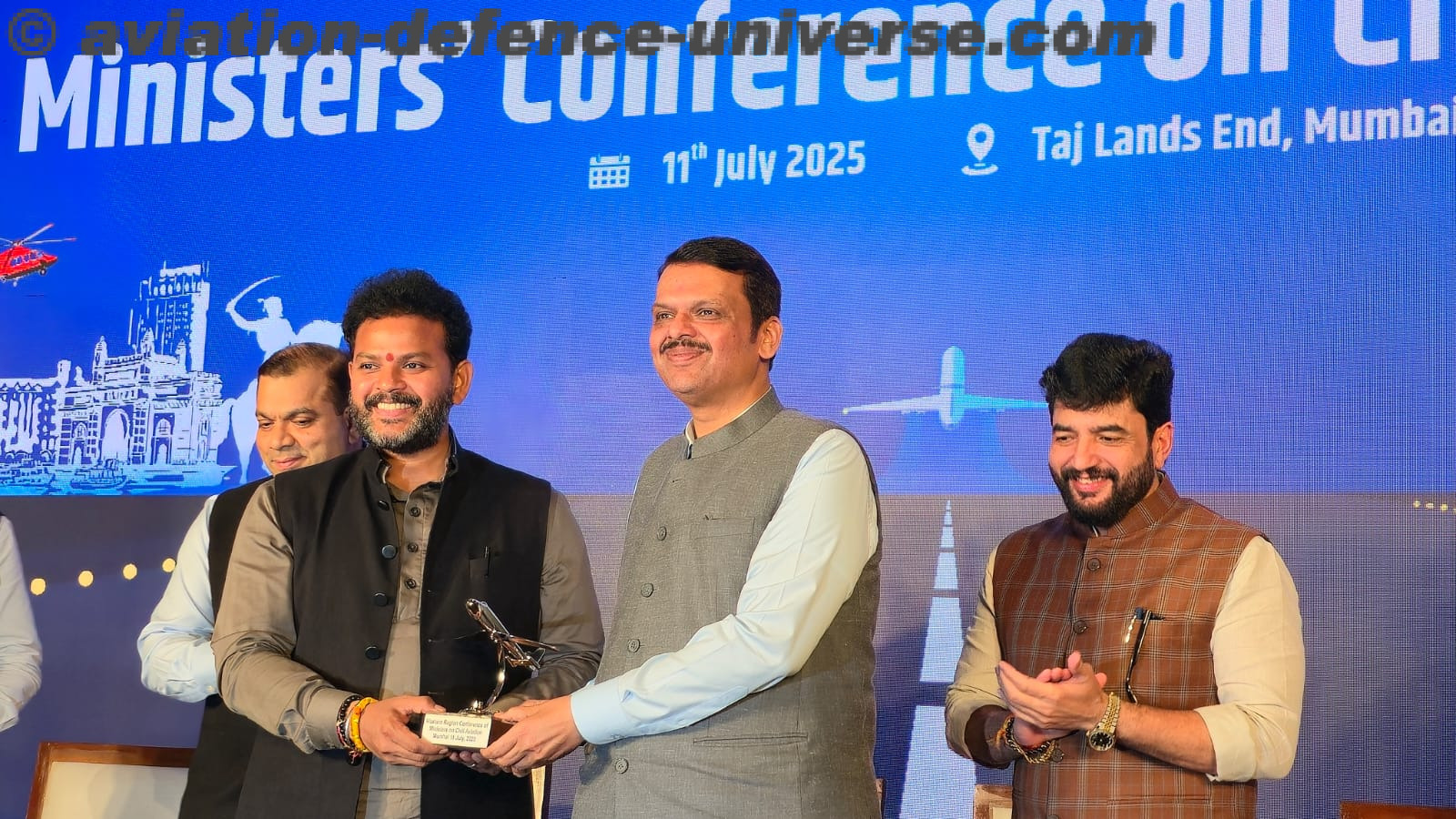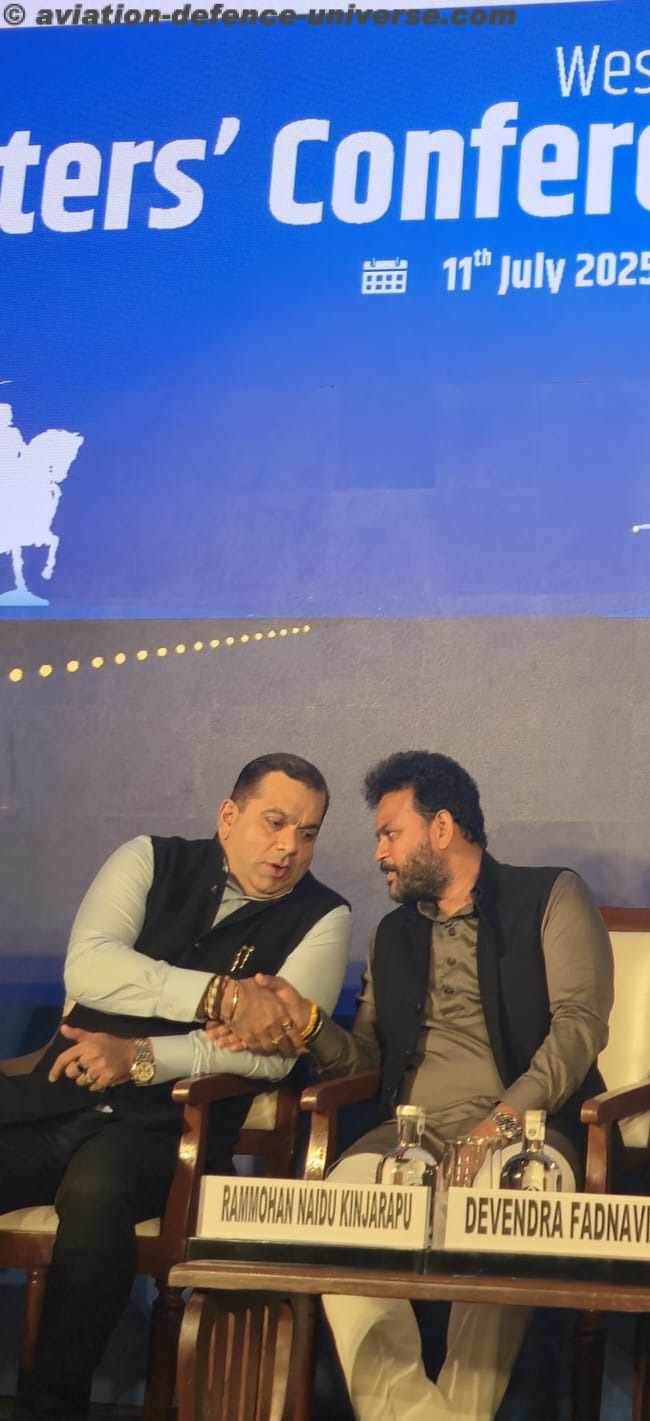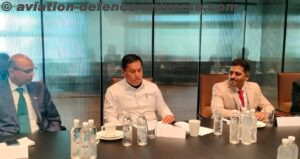New Delhi. 07 May 2022. MSME is the very structure or the base of any country and without it, development of any country is impossible. The Indian government has taken several proactive measures to not only actively support MSMEs, but also help them grow, stated the Minister of State (MoS) of the Ministry of Defence and Tourism, Ajay Bhatt.
Speaking at a webinar on “AEROSPACE & DEFENCE Future of Make-I, Make-II, Strategic Partnership Model & iDEX Projects” organised by the Associated Chambers of Commerce and Industry of India (ASSOCHAM) on 5th May 2022, where he was the chief guest, Bhatt stated that India will soon become a self-reliant nation and will have less dependency on imports. “The central government’s ‘Make in India’ initiative aims to boost and encourage the MSME sector as well as local manufacturing,” he said.
He stated that India ranks third in military spending after the United States and China. “In 2022-23, the government has allocated 68 percent of the capital budget to domestic industry, up from 58 percent in 2021-22, and 25 percent of the defence R&D budget to industry, start-ups, and academia,” he added.
He touched upon the Defence Acquisition Procedure (DAP 2020) as a sincere effort by the Ministry of Defence’s (MOD) to increase the participation of Indian vendors, including MSMEs, as well as to make the process more objective and time bound, with a strong focus on Indian industry. “We have recently approved 14 Make-I and 6 Make-II projects,” explained Bhatt.
“The DAP 2020 and Make-II initiatives were implementing 67 projects till March 1, 2022. 1975 projects are currently being worked on by the Defence Public Sector Undertakings (DPSU). Our DAP goal is to reach 125 projects, and our DPSU goal is to reach 4000 projects.” Bhatt informed.
He also said that the Approval of necessity (AON) to sign a contract cycle will be of 22 weeks and in March 2022; “The Defence Acquisition Council (DAC) has allotted Rs 380.43 crore from the Innovations for Defence Excellence (iDEX) MSMEs and start-ups,” he added.
Deepak Sood, Secretary General, ASSOCHAM, in his welcome address stated that the central government aspires to make India a manufacturing hub, laying the groundwork for MSME growth.
“In the defence sector I believe that the MSMEs will play a major role and it will play a critical part in the supply chain”, stated Ajay Singh, Sr. Vice President, ASSOCHAM, and Chairman & Managing Director, Spicejet Limited.
He further stated, “We are looking forward to working with the government on this most important subject. It is a matter of concern that India today is the largest importer of weapons in the world and there is absolutely no reason that India should not aspire to be a manufacturing and an exporting power as far as defence is concerned,” he said.
Singh informed that ASSOCHAM will fully use its platform to support the government’s initiative. “AatmaNirbhar Bharat is very close to all our hearts, and we hope that our nation should a weapon exporter in the near future,”
He also touched upon the subject of maintenance and repair service of planes outside of India. He informed, “We are trying our best to do this maintenance work in India and we are slowly building a base.” He also requested the ministry to use this domestic infrastructure to provide for defence requirements also.
The Guest of Honour, Sanjay Jaju, Additional Secretary (Defence Production), Ministry of Defence, Govt. of India said ”All the running or work in progress projects by the Govt. will provide a fresh approach to the industry for promoting design & manufacturing in the country.” Making a sustainable environment with a mix of public and private sector can boost the sector in the long run, he added. Innovation has become the key driver of the pace of societal evolution, and it redefines social parameters with unique outputs and iDEX is making its best efforts in innovations for Defence Excellence.
Rémi Maillard, President & Head of South Asia Region, Airbus India said that there has been a good change in the policy decisions and initiatives, but challenges remain in the Western Pacific to Indian Ocean Region. ”Indigenization in manufacturing is required with local production in the government framework”, he said. He further added ”Defence manufacturing is complex and with India being in the premature phase can benefit from private sector partnership so that the sector can boost”.



























































































































